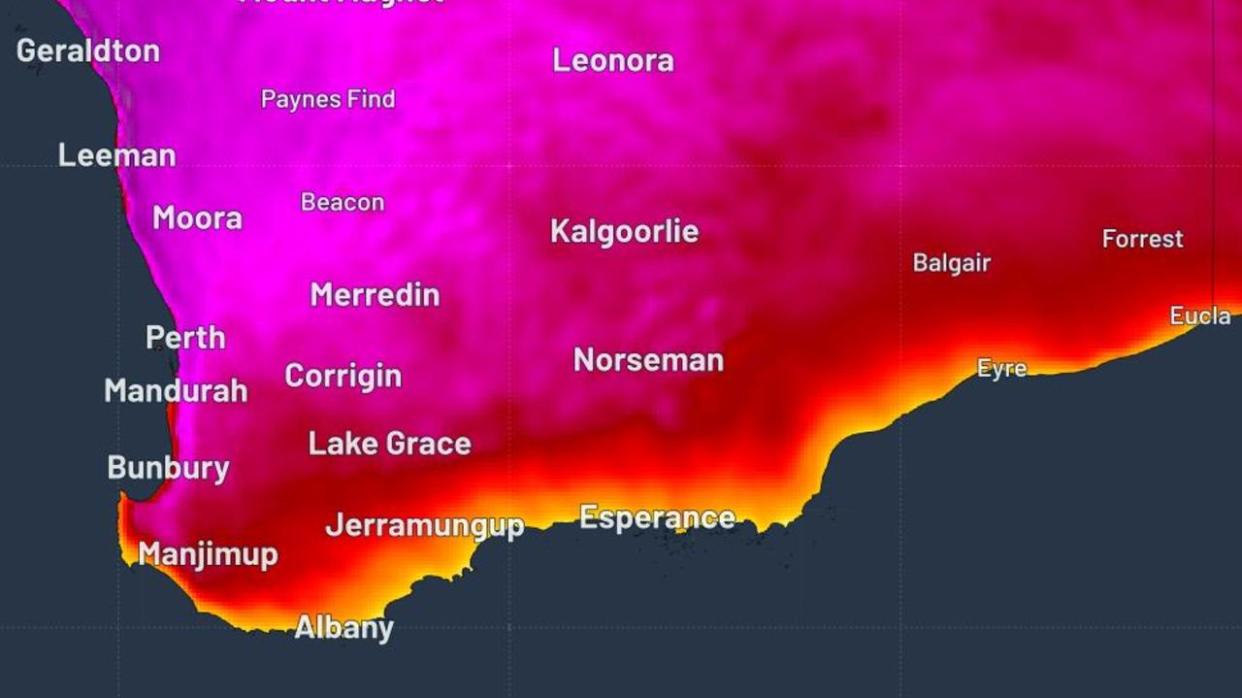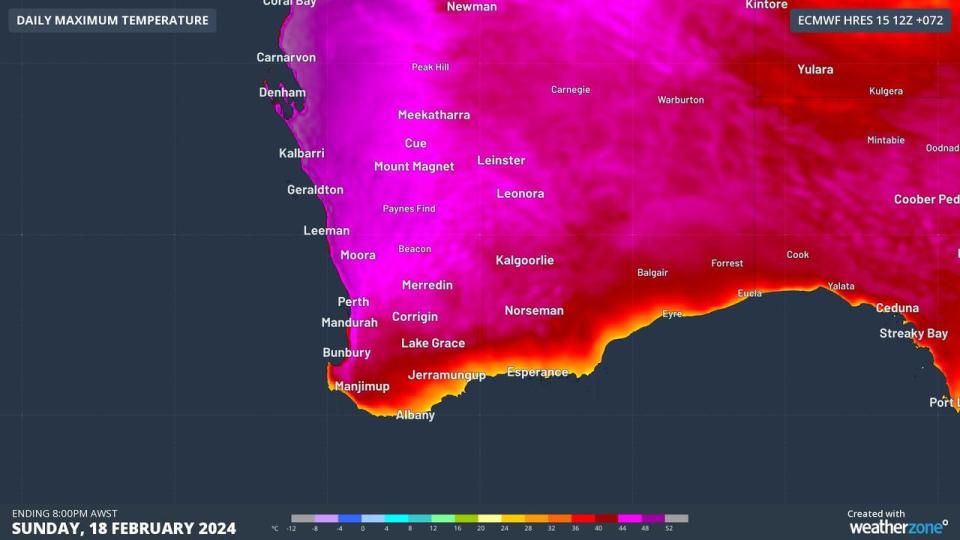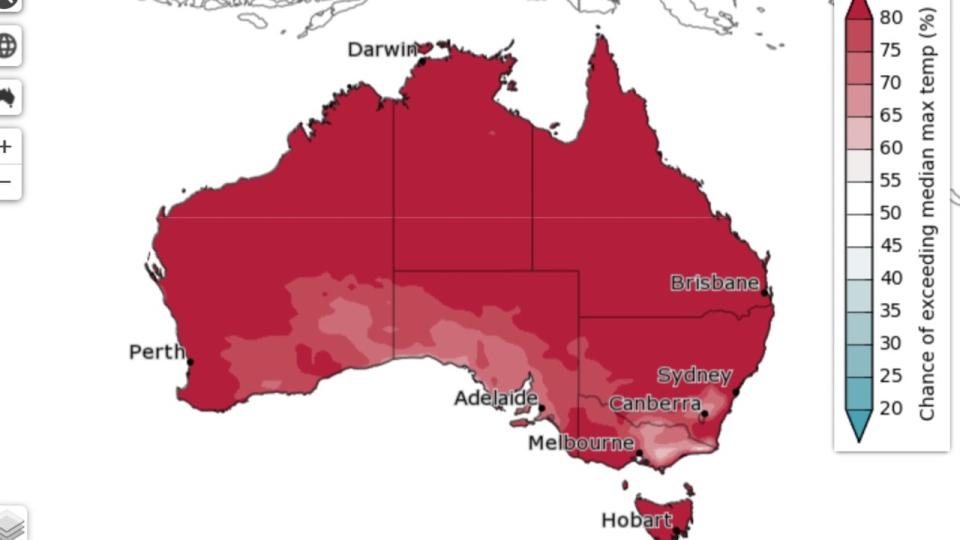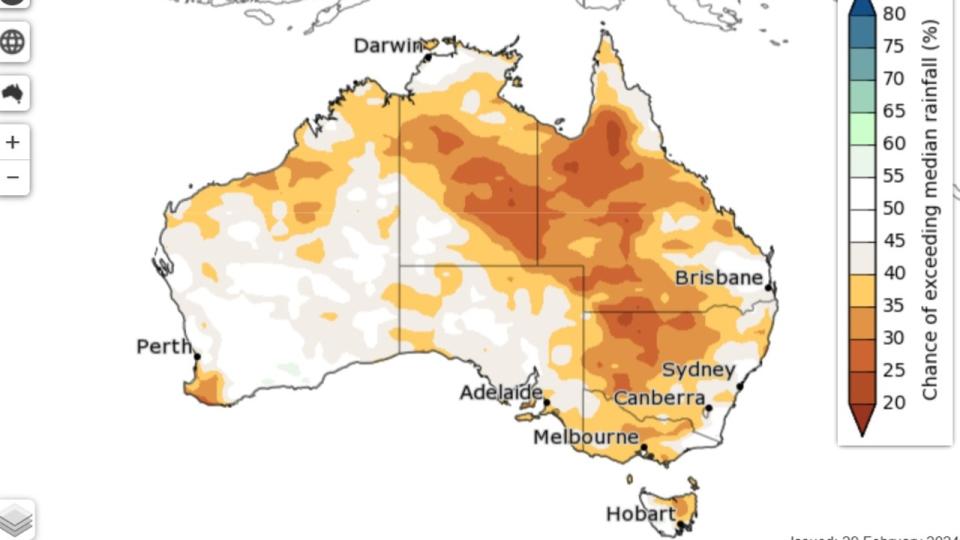City cracks grim historic temp record

Perth has sweltered through its second-hottest summer ever recorded as the weather bureau warns large parts of the country are set to scorch from higher temperatures and low rainfall for months.
The WA capital had an average maximum temperature of 32.6C this summer – beaten only by 2021-22’s average of 33.3C, according to an analysis by Weatherzone.
This average is about 1.7C above the long-term average, with temperatures being recorded from 1897 onward.
Perth has also beaten its record of most days with temperatures at 40C or above in a single month, clocking in at a total of eight over the summer.
This February, the city experienced seven days above 40C, beating its previous record of six.
Perth only experienced 6.8mm of rainfall during the season – however, it still managed to be the city’s wettest summer in three years.

The grim record comes amid forecasts rainfall is likely to be below the median for large parts of Australia over the next few months.
Temperatures are expected to be above the median for most of the country, according to the latest climate outlook from the Bureau of Meteorology.
March to May rainfall is likely to be below median for much of northern, eastern and southwestern Australia.
During the same period, maximum and minimum temperatures are likely to be above median for almost all of the nation.

Maximum temperatures are at least three times more likely than normal to be unusually high for most of the northern half of Australia, western WA, and northeast Tasmania.
Meanwhile, minimum temperatures are at least three times more likely than normal to be unusually high for much of western and northern Australia.
BOM said the forecast was influenced by several factors, including record warm oceans globally and a weakening El Nino.

Earlier this week, BOM director Andrew Johnson fronted a federal parliamentary hearing and was grilled about his agency’s performance, including the accuracy of its forecasts following the devastating impact of ex-tropical cyclone Jasper and other recent severe storms.
Mr Johnson argued his staff had done a “superb job”, adding communities were given several days’ notice before the major weather events hit.
“I think the performance of our people — to give the community that level of advance warning — just wouldn’t have been possible in years gone by,” he said.
Mr Johnson said BOM’s performance was exceptional and its forecasts were excellent.
He also said BOM could not be accountable for the media reporting of weather events.
“What I observed this summer is a catastrophisation, frankly, of a whole range of weather events,” he said.


